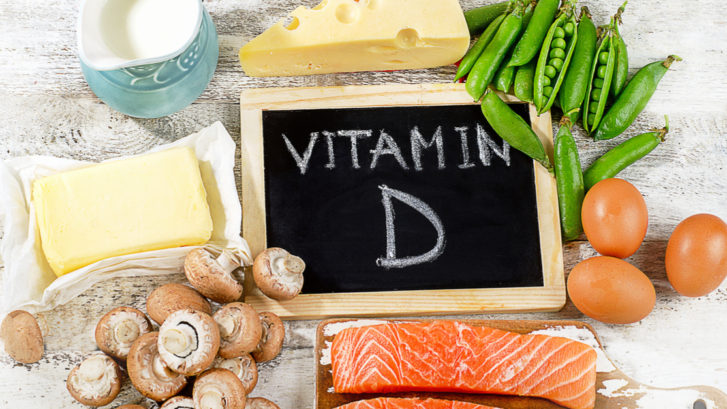Vitamin D Linked to Lower Colon Cancer Risk
In recent news, the topic of colon cancer is buzzing about and your concierge family practice doctors at MD 2.0 in Jupiter, Florida, are often asked how to prevent it.
There are numerous ways to avoid contracting colon cancer (third-most common cancer diagnosed among Americans) from regular colon cancer screenings to a low-fat, high-fiber diet. Now researchers possibly discovered another way.
What Is The Study?
The Journal of the National Cancer Institute (NCI) study was performed by NCI scientists, American Cancer Society, Harvard T.H. Chan School of Public Health, and 20 other leading research organizations and medical centers last month.
Conducted over five years, researchers examined 5,700+ cases of colorectal cancers and compared them against 7,100 controls in the United States, Europe and Asia. Unlike previous studies, which displayed no effects of vitamin D on lowering colon cancer risk, this one used a standardized test and one laboratory to evaluate results.
What Does The Study Reveal?
Vitamin D often improves bone health, but doctors are reluctant in recommending higher level supplements. The current recommended levels for bone health are 600 international units (IUs) a day. This study indicated that those levels are not enough to impact the incidence of colorectal cancers.
“The researchers found that people who had lower levels of vitamin D than recommended by the National Academies for bone health had a 31 percent higher risk of colorectal cancer during a follow-up period that averaged five-and-a-half years,” said The Washington Post. “Those with levels above the recommended concentrations had a 22 percent lower risk.”
How Does Vitamin D Affect You?
Higher levels of the vitamin — which is actually a hormone — may also strengthen the immune system and stimulate cell growth. Also, it is suggested for prevention of type 1 diabetes, multiple sclerosis, and various other types of cancers (prostate, breast, and esophagus).
“It [is] postulated that vitamin D deficiency can cause other problems besides osteoporosis and immune system dysfunction,” Dr. Len Horovitz, an internist with Lenox Hill Hospital, told United Press International.
Besides taking supplements, there are several ways humans receive vitamin D. This includes: drinking fortified milk, orange juice and cereal. In addition, eating tuna, salmon, egg yolks and cod liver oil helps too. Also, ten to 15 minutes a day of unprotected skin exposure produces 10,000+ IUs of vitamin D.
What Are Experts Recommending?
However, too much vitamin D supplements is toxic and unprotected exposure to ultraviolet sunlight is a known risk factor for skin cancer. Therefore experts aren’t recommending increasing supplement intake or boosting their exposure to the sun.
“People are at higher risk of lower levels [if they are] never exposed to the sun, have dark skin and live in northern latitudes, and don’t eat vitamin D-fortified foods and fatty fish,” Marjorie McCullough, senior scientific director at the American Cancer Society, told NBC News.
The health community does not recommend increasing vitamin D intake until further research. Intake of up to 2,000 IUs per day is generally safe, but please contact us before taking or increasing supplements.

